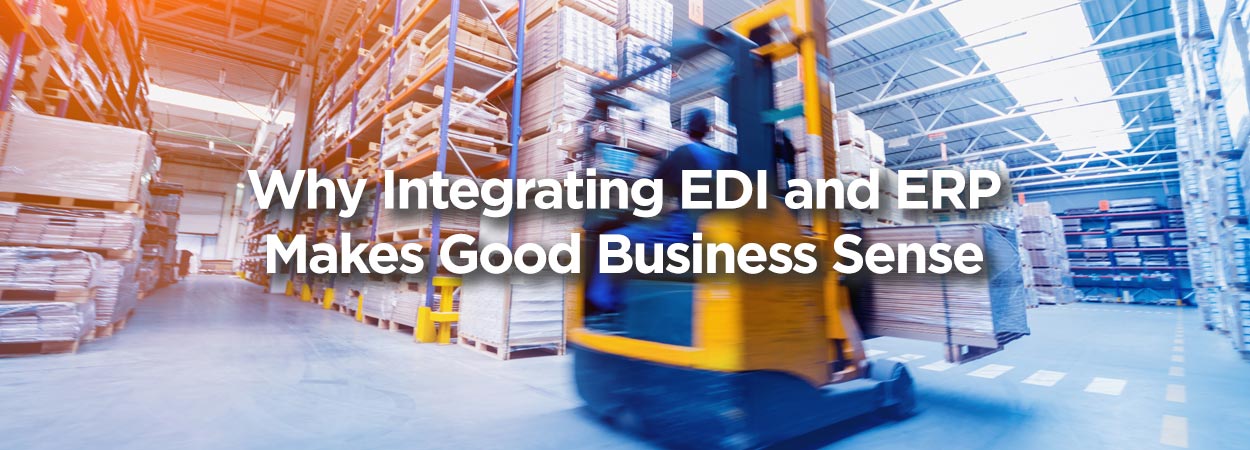Owners and managers of businesses shipping high volumes of parts or finished goods to customers understand the importance of having a supply chain that runs like clockwork. EDI systems are often used in industries such as big-box retail, automotive, manufacturing, and pharmaceutical. Integrating EDI and ERP has become commonplace for exchanging data between vendors and their customers since it automates communication between the two.
General Advantages of Integrating EDI System and ERP Software
Why integrate your EDI system and ERP software? Here are some advantages to consider.
- It lowers the risk of mistakes.
When humans input data into systems, there is always a risk of errors. EDI prevents many human errors by eliminating the need for people to rekey data into electronic forms. Instead, the forms are sent electronically, which greatly reduces the risk of errors being introduced into the supply chain.
- EDI moves quickly and securely.
It has become the industry standard for large business-to-business transactions. Many smaller companies have adopted EDI systems as well. When integrated with EDI systems, businesses have another method of timely and accurate data transfer.
- It is a green solution for businesses.
Electronic document transfer is a desirable option because it reduces waste. It reduces the use of paper and takes less time and effort to perform. During a time when transparency is important, businesses can point to an EDI solution as an example of a greener and cleaner carbon footprint that uses less paper waste.
- EDI gives business owners valuable insights.
Companies can get greater insights when EDI and ERP are integrated. They can manage the company’s orders, its expenses, inventory, and much more through the ERP. These systems are excellent at taking large amounts of data and analyzing it into manageable chunks. When combined with data obtained from the EDI, you will gain a valuable understanding of your supply chain.
- It saves money.
When your company needs to deal with fewer human processes (phone calls, sending and receiving facsimile transmissions, generating paper invoices, sending and receiving e-mails, etc.), turnaround times will become shorter. It may be possible to deploy your team more efficiently to achieve savings in staffing.
EDI and ERP Integration Benefits: Accounting
Business owners do not have to choose between an ERP and EDI system. They can be integrated to provide several benefits.
- Manual data entry is eliminated. Error rates are lowered or even eliminated as a result.
- Processing time is faster and more efficient through automated transactions.
- Businesses have a larger reach, including international markets.
EDI has become the standard method of data transfer. It offers data confirmation and validation for senders and receivers, giving both reassurances that all data sent during the exchange is complete and accurate. Transactions are traceable, which offers an extra level of protection for both parties.
Supply Chain Advantages
Integrating EDI and ERP offers numerous advantages to a company’s supply chain. Once EDI is in place, transferring the following types of information can be completed quickly and easily:
- Bills of Lading
- Customs Documents
- Inventory Status Sheets
- Shipping Status
- Payment Information
All of these data transfers can be completed automatically, in a highly efficient manner.
Get the Benefits of Integrated EDI and ERP Systems
Are you ready to reap the benefits of integrated EDI and ERP systems for your business? As you can see, they can offer numerous positive results for your company. To learn more about how Microsoft Dynamics 365 Business Central can assist you in your business, contact us now for a complimentary consultation.



